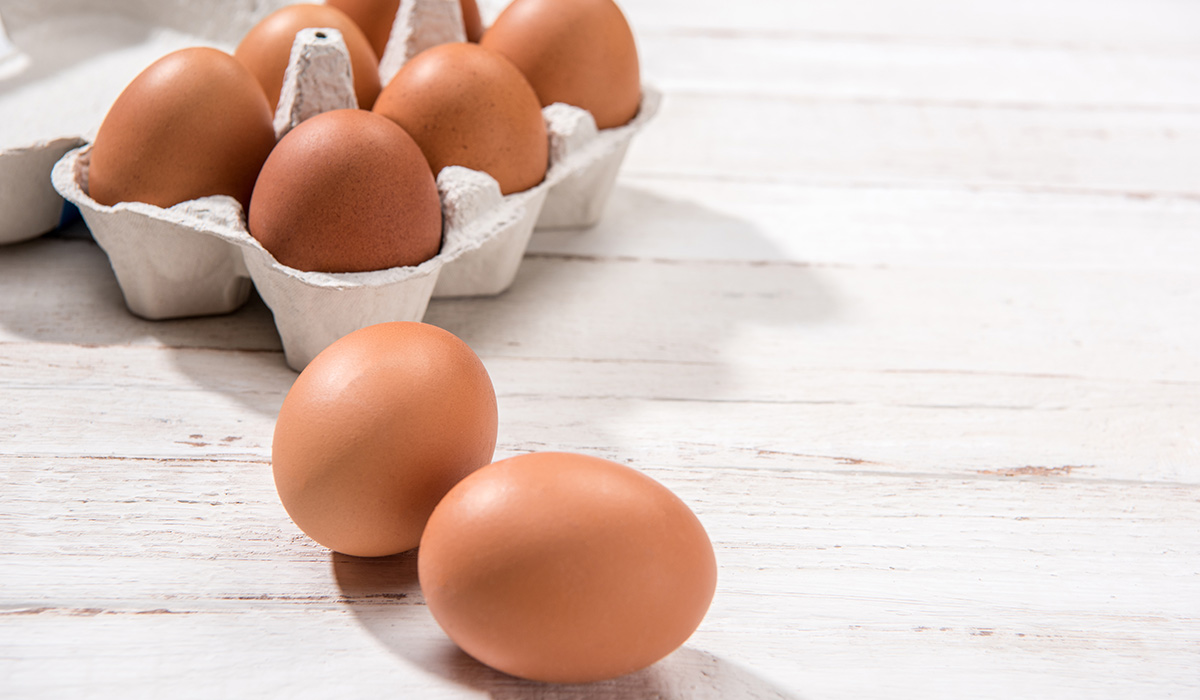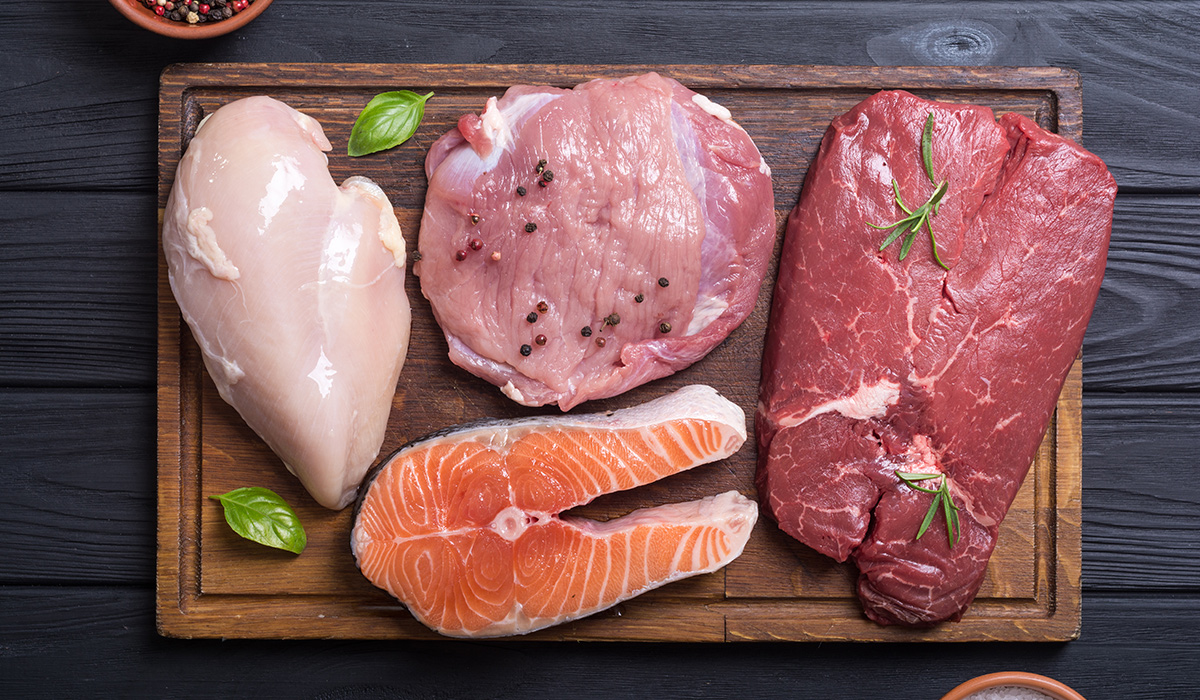Stay fuller for longer with these 5 foods
Emma White - Nutritionist | 28 Oct, 2023
Do you feel the urge to eat again shortly after finishing breakfast, lunch or dinner? If you frequently feel the need to snack between meals, it might be because you’re missing out on some key nutrients at meal times.
There are three nutrients, in particular, that help us to feel full: protein, fibre, and fat. These nutrients help us to feel full immediately after eating, but also keep us feeling satisfied for longer, reducing the need to snack between meals. Eating a combination of protein, fat, and fibre is the best way to keep hunger pangs at bay. Let’s take a look at the most filling foods to include in your diet.

1Wholegrains
Wholegrains, quite literally, include the 'whole' of the 'grain'. This includes three parts: the fibre-rich bran, the nutrient-rich germ and the starch-rich endosperm. In comparison, refined carbohydrates have the high-fibre outer layer of the grain stripped away during processing, making them quicker to digest and, therefore, less filling. If you've ever wondered why you're hungry again shortly after eating white bread or pastries, that’s why.
Wholegrains have another health benefit, too. They're a good source of insoluble fibre, which helps to add bulk to our diets and keep our digestive systems regular.
How to stay fuller for longer: Switch from white pasta, bread, couscous and rice to wholegrain varieties, and include quinoa and popcorn (just hold off the salt and sugar varieties)!

2Eggs
Eggs are a fantastic protein source, making them a brilliant choice to fill up at breakfast time. In fact, studies suggest that an egg-based breakfast is more satisfying than consuming the same number of calories in carbohydrates, and may even help you reduce your calorie intake later in the day.
How to stay fuller for longer: Scramble or poach to your heart’s content. Most of the fat and calories come from the yolk, you're looking to cut calories, you can use the white only – it’s essentially pure protein.

3Nuts & seeds
Nuts and seeds are a great choice for an on-the-go snack, providing a hit of protein, fibre, healthy fat and important vitamins and minerals. There are plenty of varieties to keep you satisfied, from almonds, walnuts, and cashews to pumpkin and sunflower seeds. Nuts and seeds are high in calories, so make sure you weigh your portion if you're tracking calories for weight loss.
How to stay fuller for longer: Snack on nuts and seeds mid-afternoon to tide you over until dinner. Go for unsalted, plain options to keep excess salt and saturated fat in check.

4Meat & fish
Meat and fish are some of the best protein sources around – in fact, chicken is over 90% protein! Lean white fish, such as cod, adds plenty of low-fat protein to your meals, while oily varieties, such as salmon and mackerel, add healthy unsaturated fats.
How to stay fuller for longer: Aim for two portions of fish a week, including one portion of oily fish. You can also include a variety of chicken, pork, lamb and beef. If you eat a lot of red or processed meat, try to keep your portion to 70g (cooked weight) per day for good health.

5Fruit & veg
We're all encouraged to eat our 5-a-day – and with good reason! Fresh produce is a fantastic source of fibre, and many fruit and vegetables have a high water content too. This means that they add bulk to our diets without adding too many extra calories – keeping us fuller for longer without adding surplus energy.
How to stay fuller for longer: Eat the rainbow! Snack on high-fibre fruit varieties such as strawberries, bananas and pears, and keep the skin and peel on potatoes and carrots to get the most fibre possible.
The best way to feel fuller for longer is to incorporate fibre, protein, and healthy fats in one meal. Get creative with your combinations – try fish served with wholegrain rice, green vegetables, and olive oil, or sliced fruit served with protein-rich yogurt sprinkled with mixed nuts and seeds.

Nutritionist Emma White (ANutr), MSc Human Nutrition is passionate about how food science applies to the human body, and how the nutrients in what we eat affect us and ultimately have an impact on our health.












